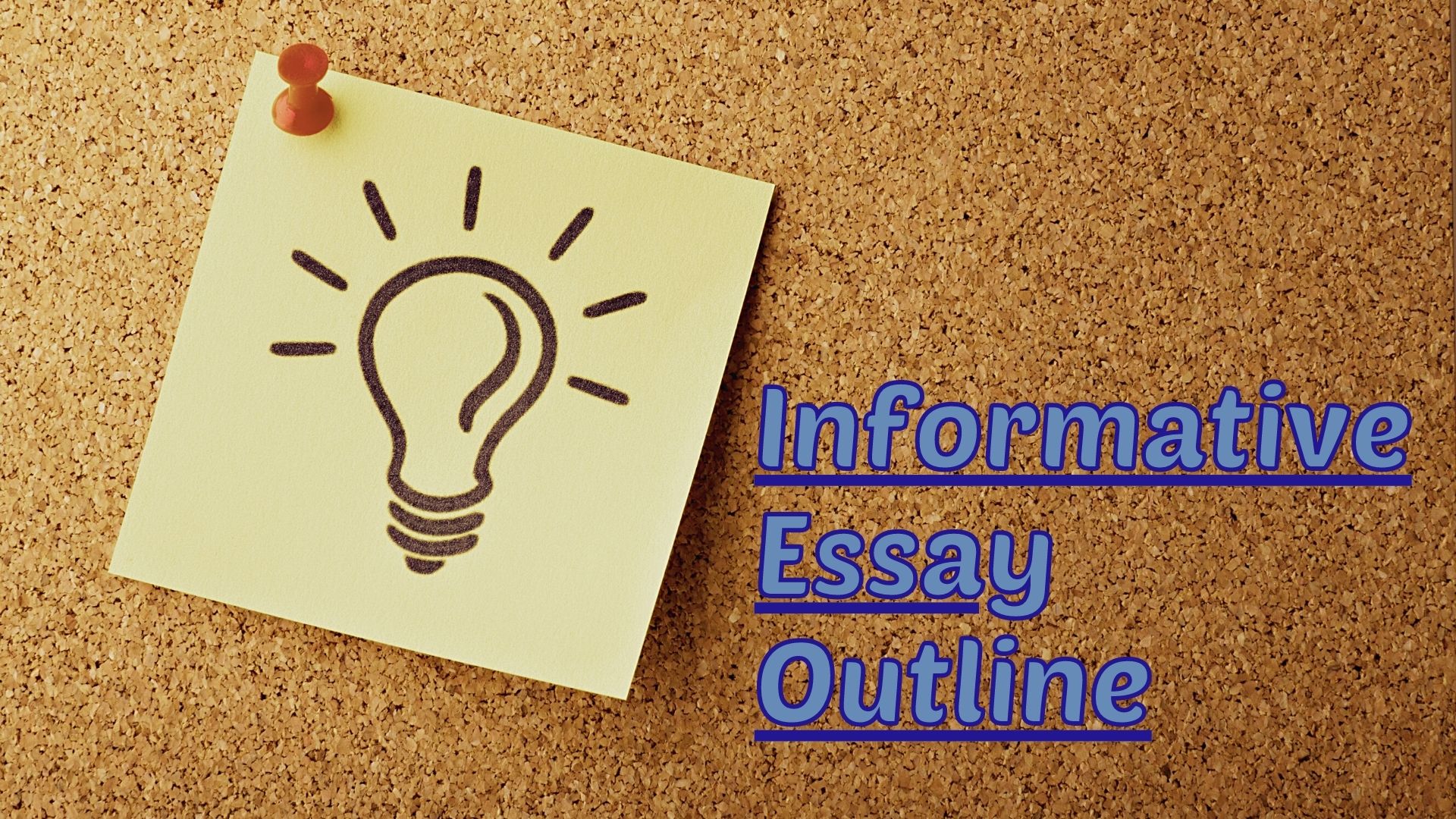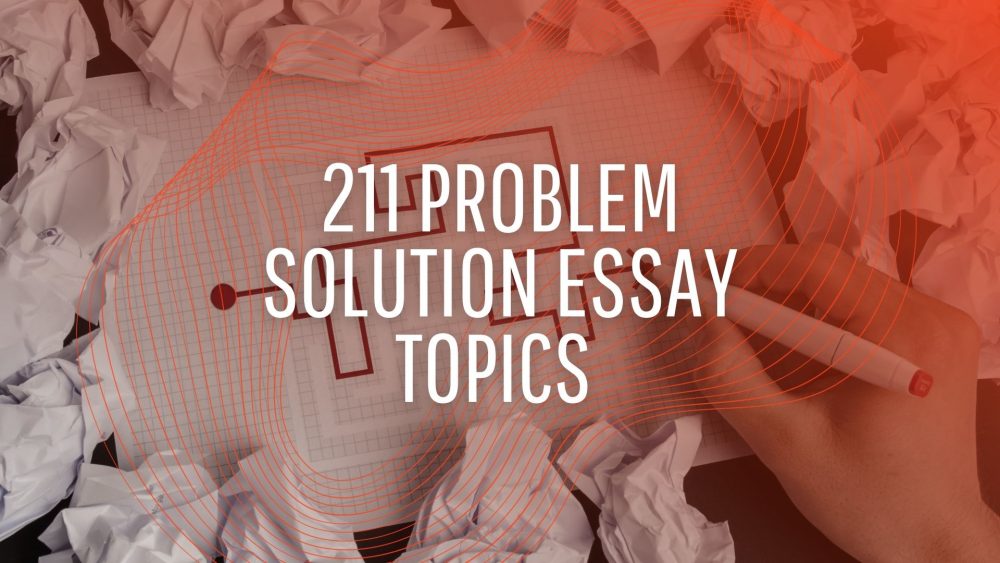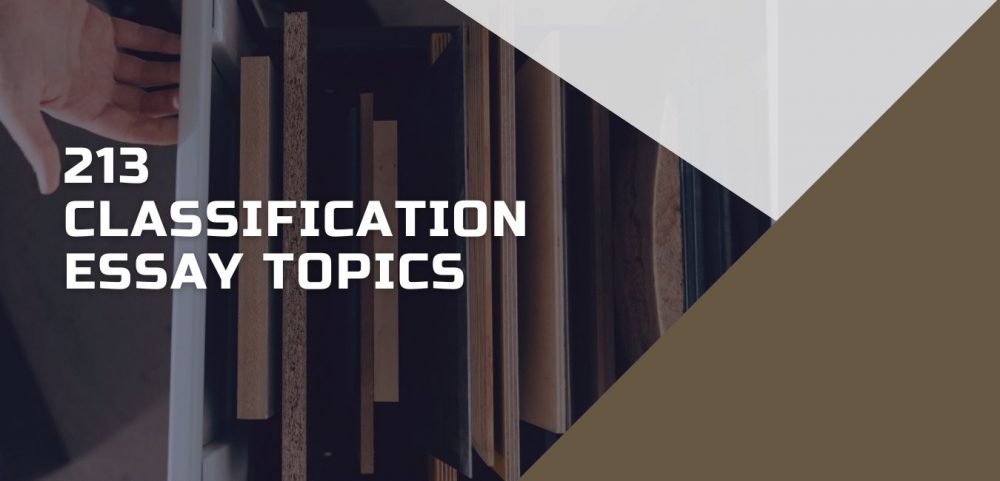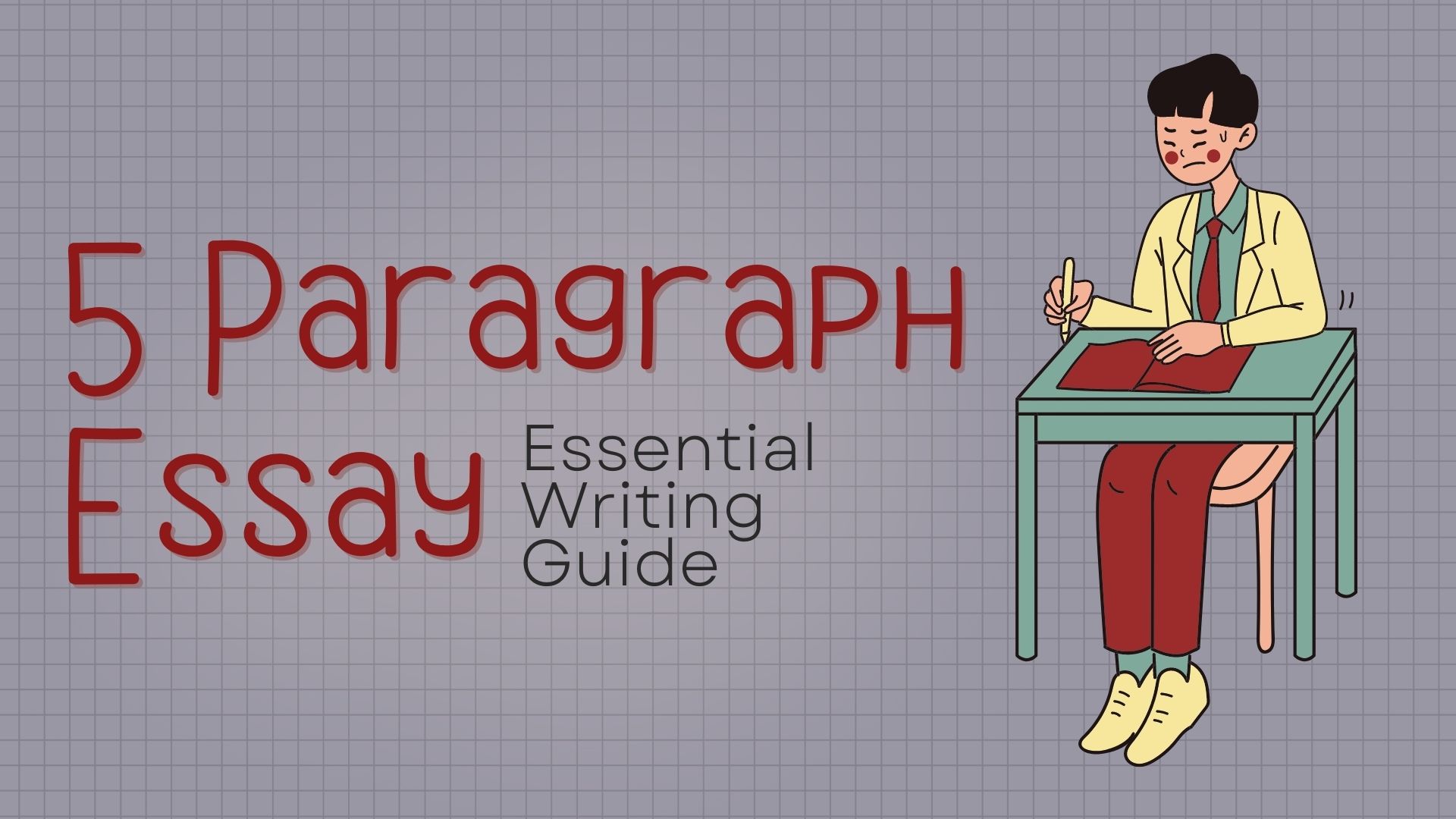When assigned a critical essay writing assignment, many students don’t know where to start. That’s because not every student is a talented writer. And, not every learner can analyze and critique a write-up properly. When an educator asks learners to write this essay, they expect them to read a text, a book, or watch a film before presenting their claims and arguments based on the provided literature.
After reading your critical response essay, the audience should see that you understand the literature and the topic well. Therefore, you should take the time to understand the work and come up with a strong argument or critique.
Basics of a Critical Essay
Perhaps, you want to know what the educator expects of you when asking you to write a critical thinking essay. Well, the educator wants you to come up with an essay of at least 1000 words. However, the word count can vary depending on the work that you’re supposed to critique.
You’re also supposed to be creative in your composition. Essentially, the educator should see your analysis skills. You should show your prowess when it comes to analyzing films, books, reviews, articles, TV shows, and other forms popular culture.
When writing a critical reflection essay, study the work, evaluate it, and then provide an informative summary. The overriding objective should not be to entertain or persuade the audience. Instead, come up with informative and nuanced analysis.
For instance, your essay can provide the pros and cons of a literary work. If you were critiquing a book, let your readers understand whether they should read it or not. If it was a movie, your readers should understand whether it’s worth watching. Thus, focus on conveying the exquisite details of the work.
What is a Critical Essay?
The first question that many learners ask when assigned this academic task is, what is a critical response essay?
A simple critical essay definition describes it as a form of writing that interprets, analyzes, and/or evaluates a piece of work. For instance, a critical analysis of a book can feature a claim about the way themes or ideas are conveyed in it. This claim can be supported with evidence from both primary and secondary sources, or one of the sources.
Students are asked to write about different critical essay topics. However, critical analysis essay topics touch on different media forms. In most cases, the audience of this write-up comprises academicians. And, it supports the argument that a writer makes.
Educators ask students to write a critical reflective essay to sharpen their skills in critical writing. What’s more, this write-up presents the interpretation of the writer regarding the critiqued medium or a thought-provoking explanation. When writing a critical analysis, students may be required to position their ideas or thoughts around a theme in a film or book on a broader spectrum.
Critical writing requires careful weighing of the message that the director or author of the work was trying to say or convey. You should also explain it in a way that your new audience will understand.
How to Write a Critical Essay Step by Step
Writing a critical rationale essay may seem difficult at first. However, it shouldn’t be a difficult task. All that is required is to understand the basics and requirements of this essay. Know what the educator expects of you when assigning you this task. Therefore, don’t start writing if you have not understood the essay prompt.
You can be given many critical thinking essay topics to choose what to write about from. Alternatively, you can be asked to write on a specific topic. Therefore, take the time to understand what the educator expects of you. Once you’ve done that, follow this guide on how to write a critical essay.
- Examine the source
If you want to know how to start a critical essay, learn to examine the source. You won’t write a great essay if you don’t understand the work or subject that you’re supposed to critique. So, if you’re supposed to write your essay about a specific book, read and understand it first. Since you should engage in critical reading, take notes of what the author says, stylistic devices, and grammar constructions. Also, note questions that hit your mind when reading.
- Organize Your Ideas and Thoughts
In this step, figure out the problem and core topic of the work. What is the central claim and supporting evidence in the work? Is the work similar or different to corresponding works? Take the time to find out what you think, know, or feel about the work. Also, think about associations and related ideas that come to mind when you study the work. Write your thoughts on paper and organize them. You can identify areas that require further research and group ideas.
You can also identify secondary sources like online reviews and scholarly journals for further research about the topic. Gather all references that you can use to enhance the credibility of your critique later.
- Create a Thesis Statement
A major challenge that makes many learners encounter when learning how to write a critical response essay is drafting a thesis statement. This is a single sentence with a claim and sustaining details. Based on your evaluation of a film, a book, or any other work, and secondary sources, come up with a thesis statement that specifies the direction of your essay.
Your thesis statement should:
- Assert your main argument or claim in the essay
- Preview your essay’s structure
- Make a unique and complex argument can be objected to reasonably
Essentially, tell your readers the point you’re trying to make in the essay. If unsure about how to draft a thesis statement, read critical thinking essay examples first.
- Draft an Outline
A critical essay outline should save you time when it comes to writing. Since you have the claims and supporting evidence from your evaluation of the work, plan how to present it. Decide where the claims will go and their supporting evidence in your essay. Essentially, outlining will lead to the creation of a great critical essay structure.
- Write the Essay
After outlining, start writing. You can start with a summary of the original work and then respond to the central claim. Evaluate and analyze it with supporting evidence. Conclude the essay by emphasizing the most important insights from the work.
- Proofread
Once you’re done writing, proofread, and edit the essay. Make sure that you’ve removed all grammatical, typo, and factual errors.
More Tips for Writing the Essay
Now that you’ve known how this essay should be written, you most likely want to learn tips that will make your work easier. Follow these tips to write your essay.
- Be formal. What type of language should be used in a critical analysis essay? Well, you should be objective and formal in your essay.
- Don’t summarize the source. Your work is to interpret, evaluate, and analyze. Therefore, don’t forget this and start summarizing the original work.
- Be a smart reader. To identify, critique, and analyze other people’s work, you should be a smart reader. That way, you can understand the claims of the authors and how they present them. Also, read a good critical response essay example to know how you’re supposed to complete this assignment.
This information should guide you when it comes to critiquing other people’s work in an essay. It’s also crucial that you read a quality critical thinking essay example first or seek custom essay writing help if you still can’t use this guide to complete your assignment.





















